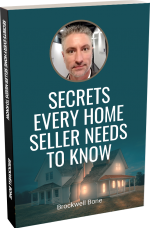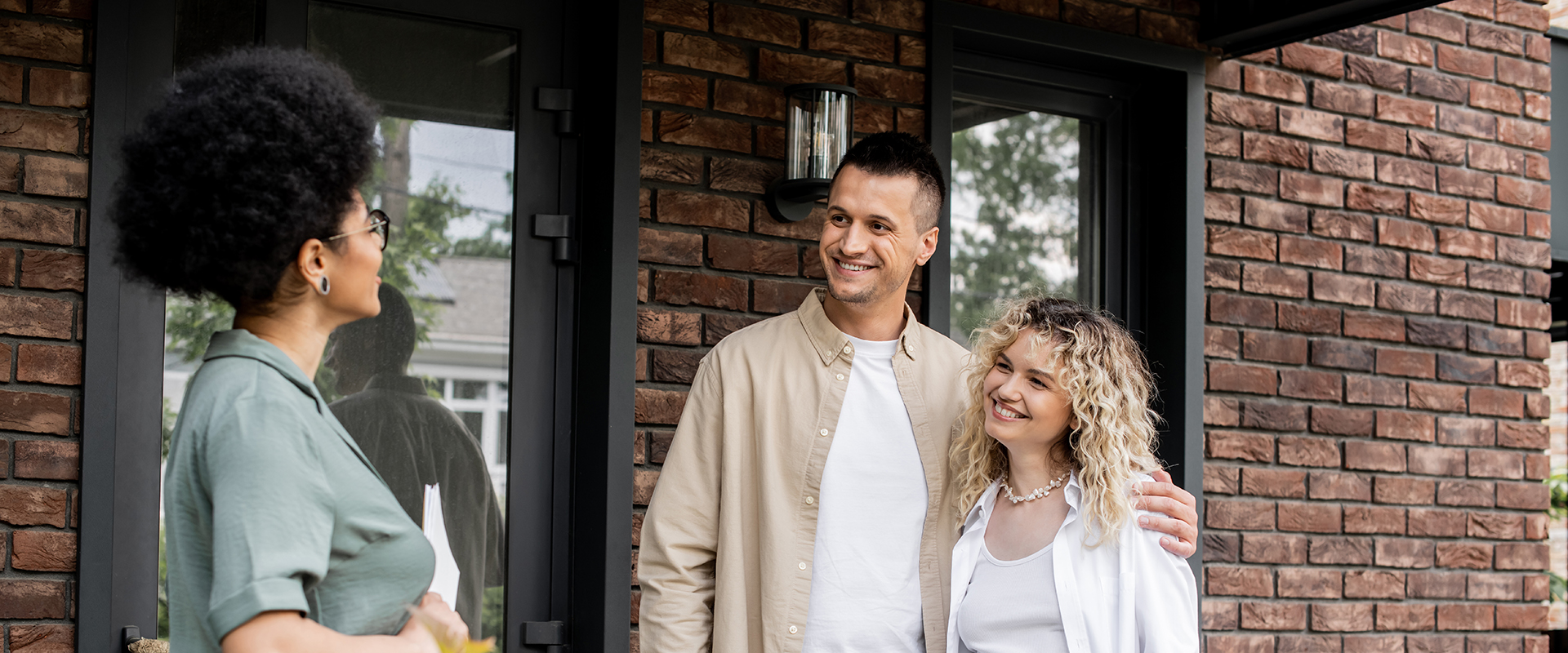Wait, doesn’t thinking about buying your first home make you, like, a real adult? Yeah, it kinda does.
Congrats! Don’t get discouraged by the looming thoughts of mortgages, endless debt, stress, and all that. The idea that we need to dislike our financial situation is one that has existed for far too long.
You just have to know how to do things the right way. On that note, here are a few tips on how to buy your first home.
How to Buy Your First Home
Whether you’re in the process of buying a home or just starting to look, these tips should work in your favor.
1. Know Where to Look
Foreclosures may be bad for the value of a neighborhood but they are certainly good for you. They’ll be sold way below what they normally would. Look for homes that may be in semi-rough shape and make the decision to fix them up.
You’ll save thousands of dollars and give the place a touch of your own. Homes that have been recently foreclosed are typically ones that will yield the fairest prices for younger families and individuals.
2. Make Sure Your Credit Score Is in Line
The interest rate you get on a mortgage is hugely impacted by your credit score. If you’re not sure what your score is, you can find it on one of the numerous credit checkers online.
Make sure to pay all loan payments on time and try to rid yourself of credit card debt if you can do it before looking for a home. If you aren’t sure about how to boost your credit score, consult with a financial advisor.
3. Try and Put Some Money Down
Lenders like to see borrowers who put big money down. Whatever your home’s value, you should seek to put 20 percent of it down. That may seem like a lot, but you will have smaller mortgage payments if you can manage to do it.
Your interest rates will be lower, you’ll be closer to paying the home off, and you’ll be a lot happier with a little extra money each month.
4. Find a Mortgage That Suits You
This one is two-fold. First, you should shop around a little bit when you’re looking for mortgages. You don’t have to just pick the first lender that approves you. Look around and weigh the pros and cons of different mortgages, lenders, and interest rates.
Second, make sure that you can even afford it! You should sketch out a financial picture for yourself. Figure out how much you make and how much you could reasonably spend on a mortgage. The general rule of thumb is never to spend more than 30 percent of your income on a mortgage payment.
Keep in mind that life happens too, so you’ll want to err on the side of caution.
Interested in Buying?
The process of buying your first home or finding real estate to invest in can be tricky. There’s no reason that you have to go through it alone, though.
If you’re looking for more information on how to buy your first home, we have what you’re looking for.






